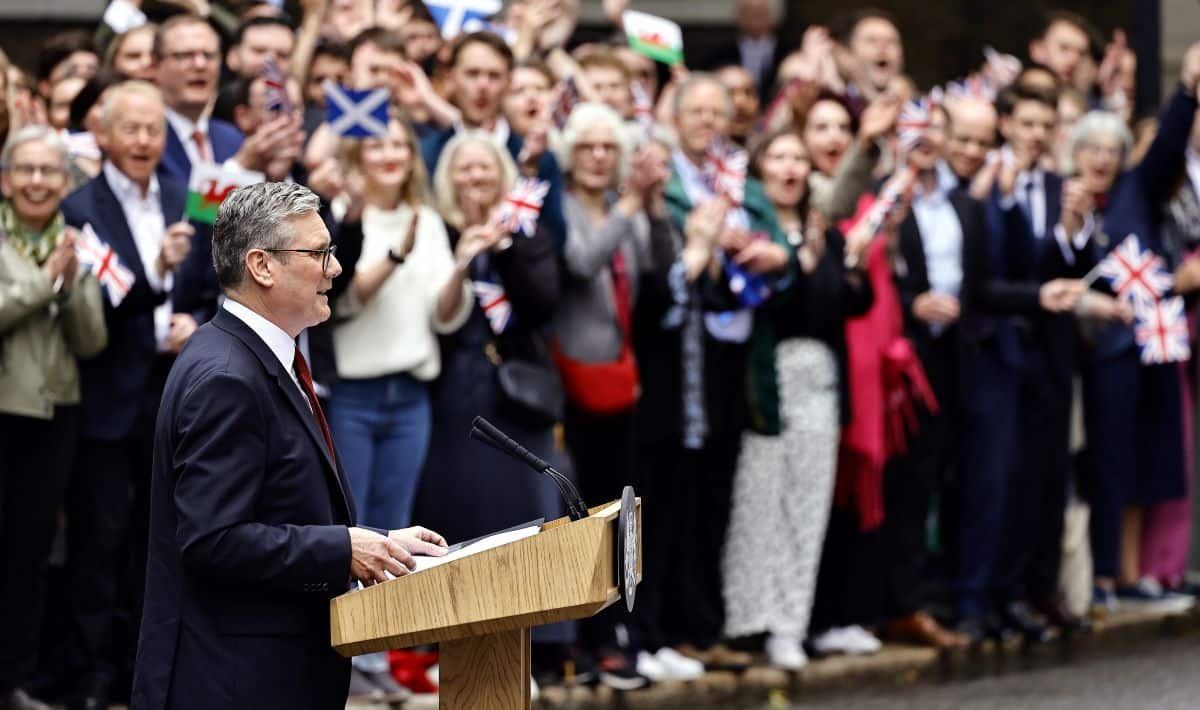Labour has stormed into government with a lot of promises, but what does that mean for your bank account?. But don’t get too comfortable — there’s more than meets the eye. Here’s a detailed breakdown of how Labour’s plans might impact your finances.
1. No Hikes for the Average Worker
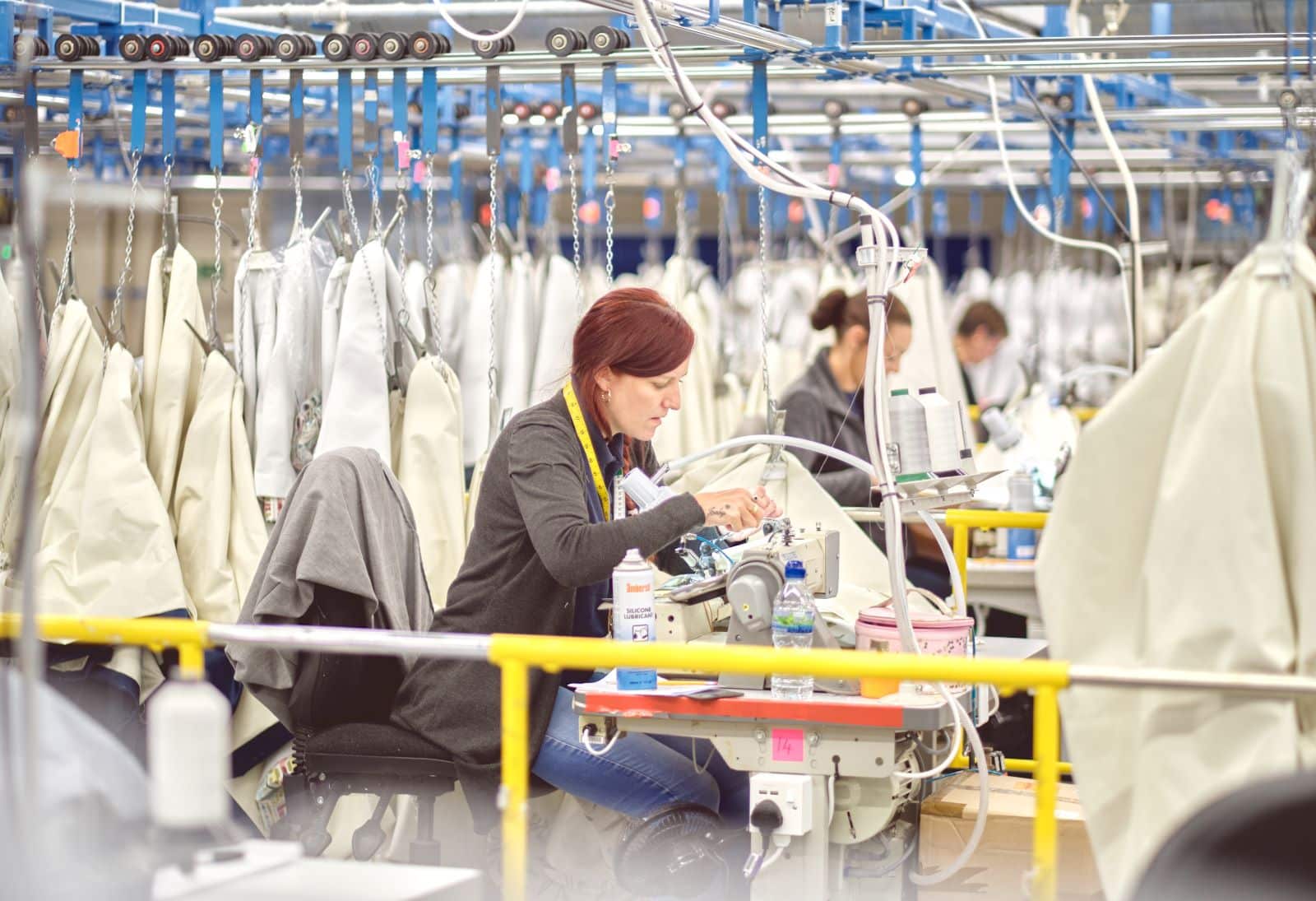
Labour promises not to raise income tax, National Insurance, or VAT. Great news, right? Well, sort of. By keeping the freeze on income tax thresholds until 2028, they’re ensuring that more of your income will fall into higher tax brackets. This so-called “stealth tax” means that even without a direct tax hike, you could end up paying hundreds more each year. For a family earning around £40,000 a year, this could mean an extra £500 in taxes by 2025.
2. A Genuine Living Wage
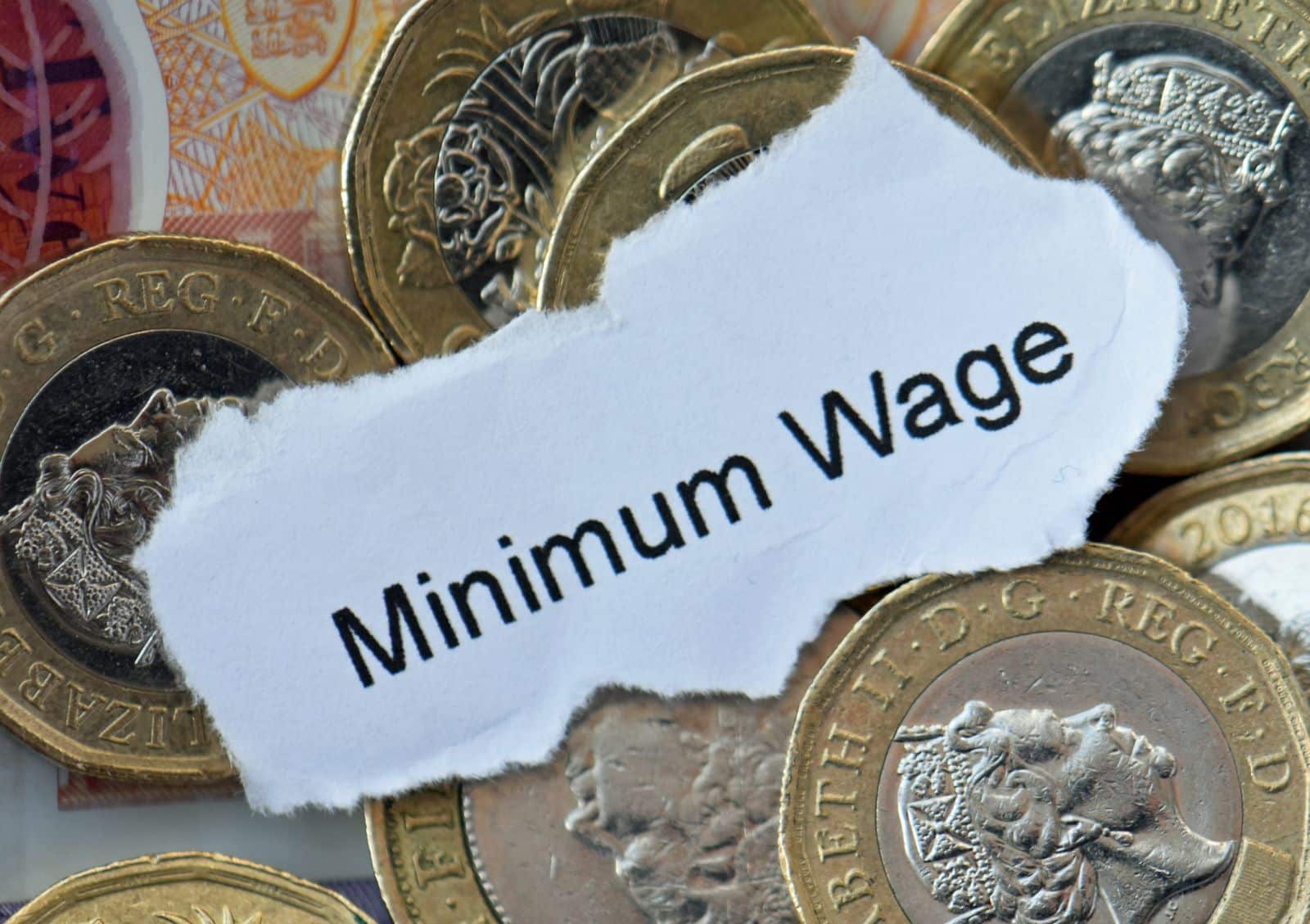
Labour’s push for a “genuine living wage” could see the minimum wage rise to £13.15 in London and £12 elsewhere. That’s an increase of up to £4.55 per hour for young workers in the capital. While this means more money in pockets, small businesses might struggle to keep up, potentially leading to higher prices for goods and services. If you’re earning minimum wage, expect your monthly take-home pay to increase by around £100 to £200, depending on your hours.
3. A Promise to Cut Costs

Labour’s plan to cut household energy bills by up to £1,400 a year involves setting up a state-run energy company, Great British Energy. The Warm Homes Plan includes grants and low-interest loans to upgrade five million homes with insulation, solar panels, and low-carbon heating. For a typical household, this could mean an annual saving of £500 to £1,000 on energy bills by 2027. However, the upfront costs for these upgrades may still fall on homeowners in the short term.
4. Real Relief for Parents

Labour’s expansion of free childcare for under-fives and funding for breakfast clubs in every primary school could save parents thousands. For a family with two young children, this could translate to savings of up to £7,000 a year in childcare costs. That’s a significant boost to disposable income, helping families manage the ever-rising cost of living.
5. Renters’ Right
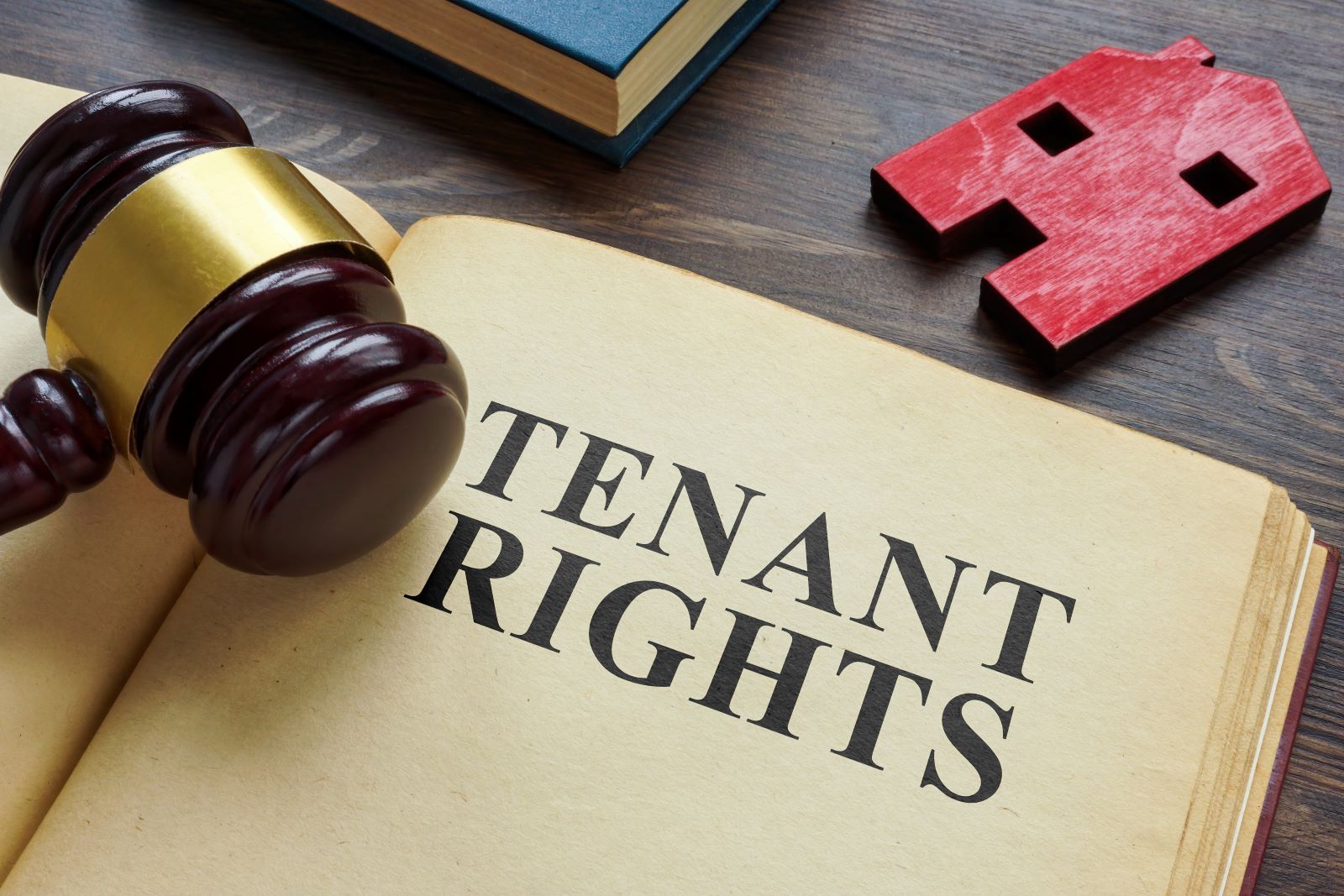
Scrapping Section 21 ‘no-fault’ evictions sounds like a win for renters, giving you more security in your home. But landlords, feeling the pinch, might respond by increasing rents or being pickier about tenants. This could push your rent up by an extra £50 to £100 a month, depending on where you live. If Labour’s energy efficiency standards for rentals are enforced by 2030, landlords will likely pass on the costs to tenants, leading to even higher rents.
6. First-Time Buyers

Labour’s ‘Freedom to Buy’ mortgage guarantee scheme could help first-time buyers with smaller deposits get on the property ladder. If you’re aiming to buy, this could reduce your required deposit from 10% to 5%, saving you around £10,000 on a £200,000 home. However, with the stamp duty threshold dropping back to £300,000 in 2025, expect to shell out an extra £2,500 if your property costs more than that.
7. Affordable Housing
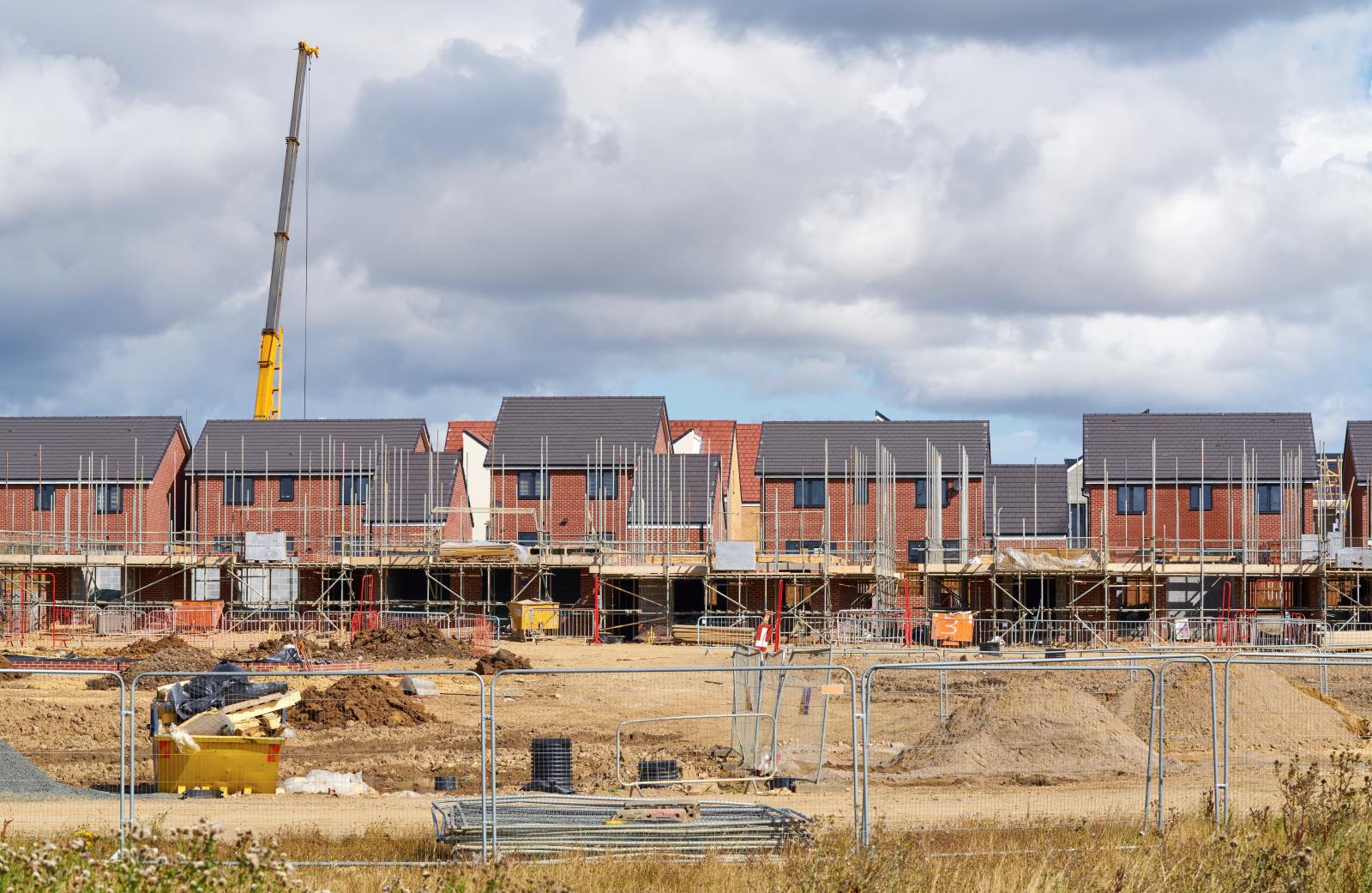
Labour’s promise to build 1.5 million new homes and create new towns is designed to increase housing supply. While this might help slow the rise in house prices, don’t expect a significant drop. For those struggling to save for a deposit, this might mean waiting a few more years before housing becomes truly affordable.
8. The Wealthy Will Pay

Labour is eyeing a capital gains tax increase, potentially raising £8 billion. If you’re selling investments, expect to pay more—capital gains tax could rise from 20% to match income tax rates at 40% or even 45%. The inheritance tax changes could hit those looking to pass on wealth, with tighter rules on gifting. For the average Briton, this might not be a direct hit, but it could mean less generational wealth being passed down.
9. Guarding Against Recklessness

The fiscal lock is Labour’s promise that all spending and tax plans must go through the Office for Budget Responsibility. This should prevent sudden, destabilising changes like those seen in the 2022 mini-budget, but it also means tighter control on public spending. Expect less room for surprise giveaways, but also fewer shocks to your finances.
10. Better Funding, But Who Pays?

Labour’s commitment to funding public services through fairer taxes and closing loopholes means the NHS and schools might see more investment. For you, this could mean better access to healthcare and education. However, higher taxes on businesses and the wealthy could trickle down in the form of higher prices or reduced services in other areas.
11. The Hidden Costs

Public sector workers, including teachers and nurses, are in line for a 5.5% pay rise. While this is great for those workers, the money has to come from somewhere. If you’re in the private sector, this could mean higher taxes or reduced public services elsewhere as the government balances its books.
12. Tighter Rules Ahead

Labour’s potential changes to inheritance tax could make it harder to avoid paying, particularly for the wealthy. If you’re looking to inherit or pass on significant wealth, expect to navigate more complex rules. For most, this won’t mean direct losses, but it could slow the accumulation of wealth across generations.
13. A Double-Edged Sword
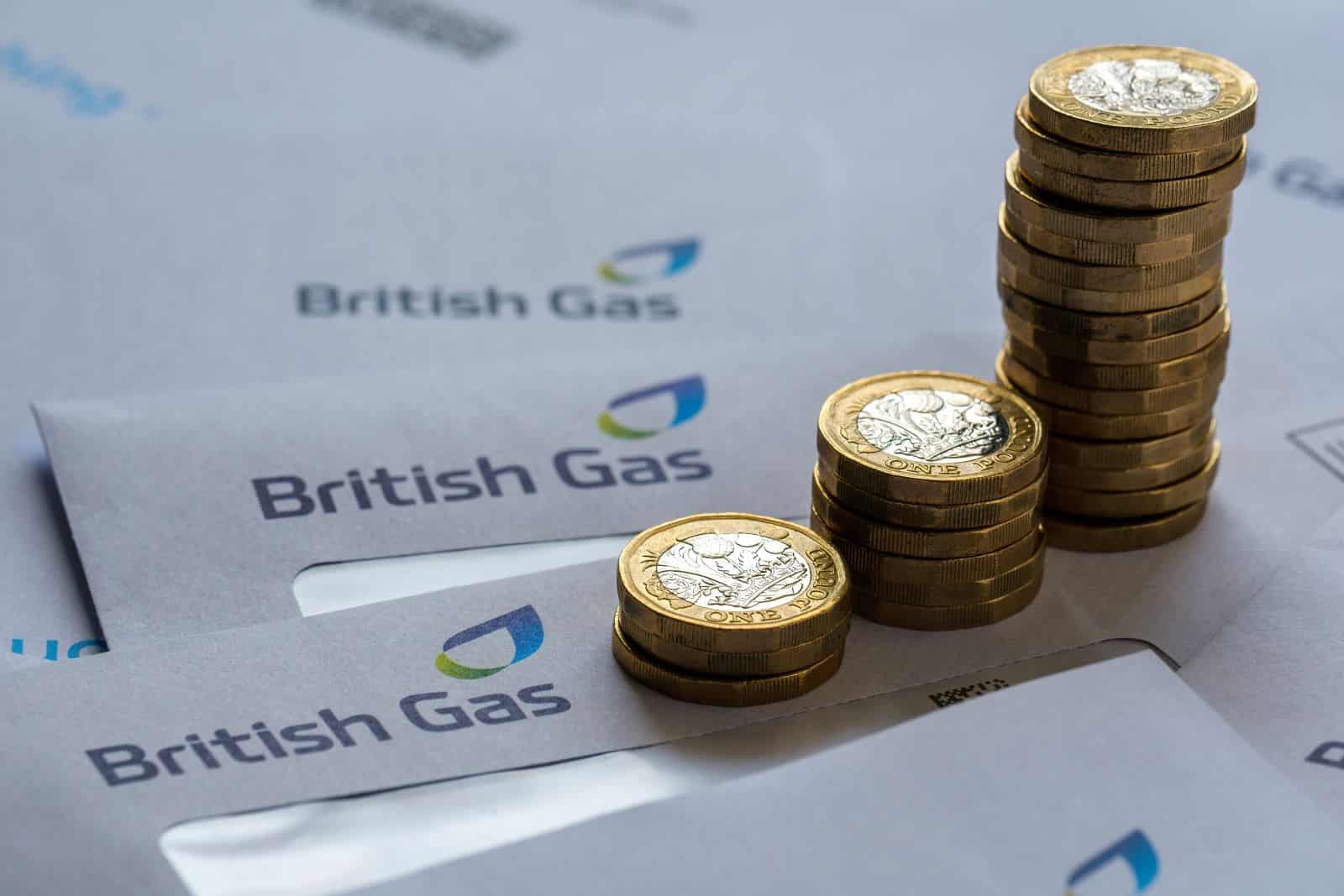
Labour’s windfall tax on energy companies could generate billions to fund public services. While this might seem like a win, there’s a risk that these companies could pass the costs on to consumers. So, while your taxes might not rise, your energy bills could see less of a drop than expected.
14. Pensions
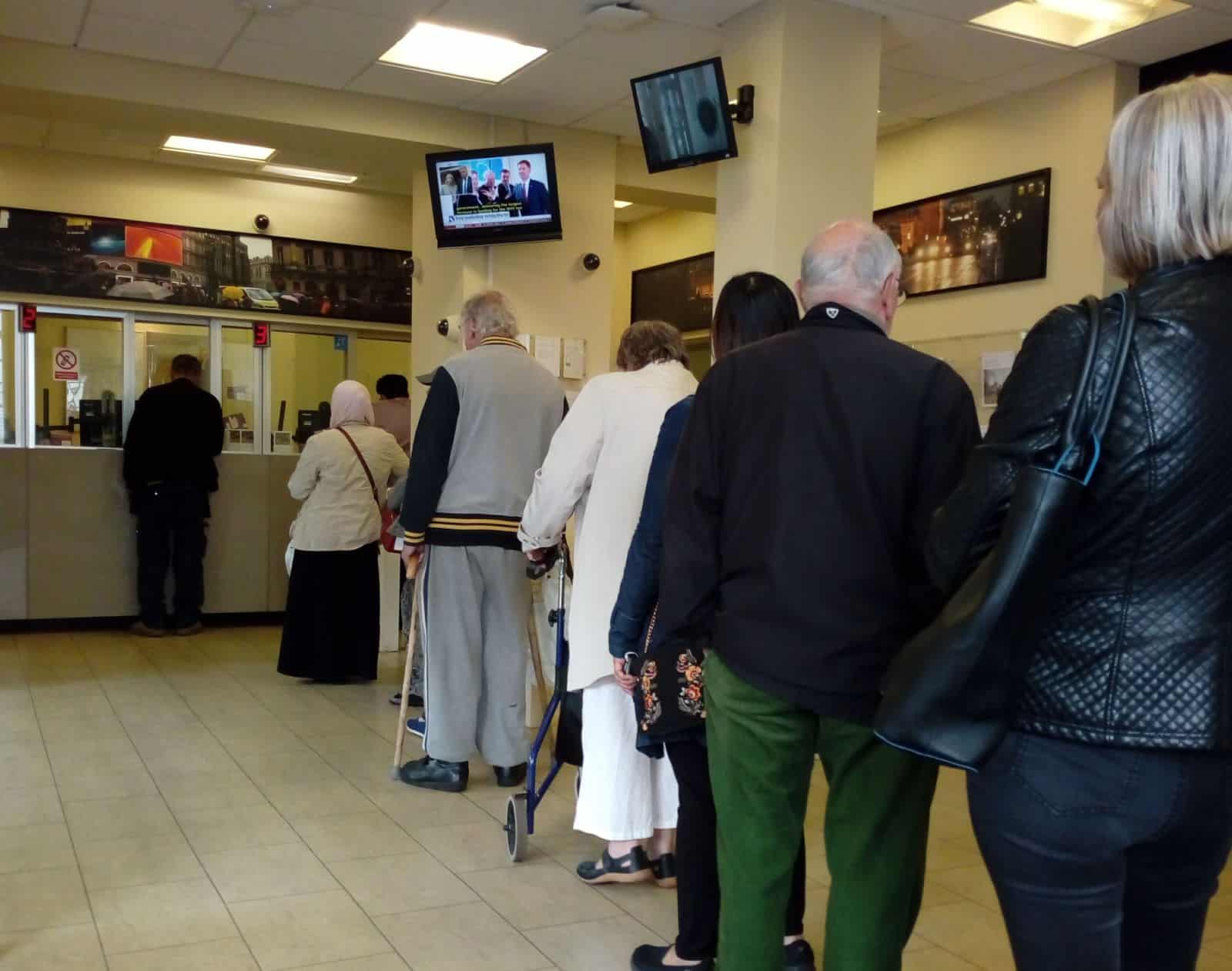
Labour’s commitment to the state pension triple lock means your pension will continue to rise with inflation, wages, or by 2.5%, whichever is higher. This is good news for pensioners, ensuring your income keeps pace with the cost of living. However, it also adds to the government’s spending, which might mean higher taxes down the line.
15. School Costs

Labour’s pledge to reduce the number of branded items that schools require could cut down on the cost of sending your kids to school. While it might not be a massive saving, every little helps—especially if you’re juggling multiple expenses.
16. The Long-Term Investment

Labour’s grants and low-interest loans for energy efficiency upgrades could save you money on your energy bills over time. Upgrading your home could cut your bills by up to 30%, but the initial costs might still require you to dig into your savings or take on debt.
17. Big Business Pays, But Do You?
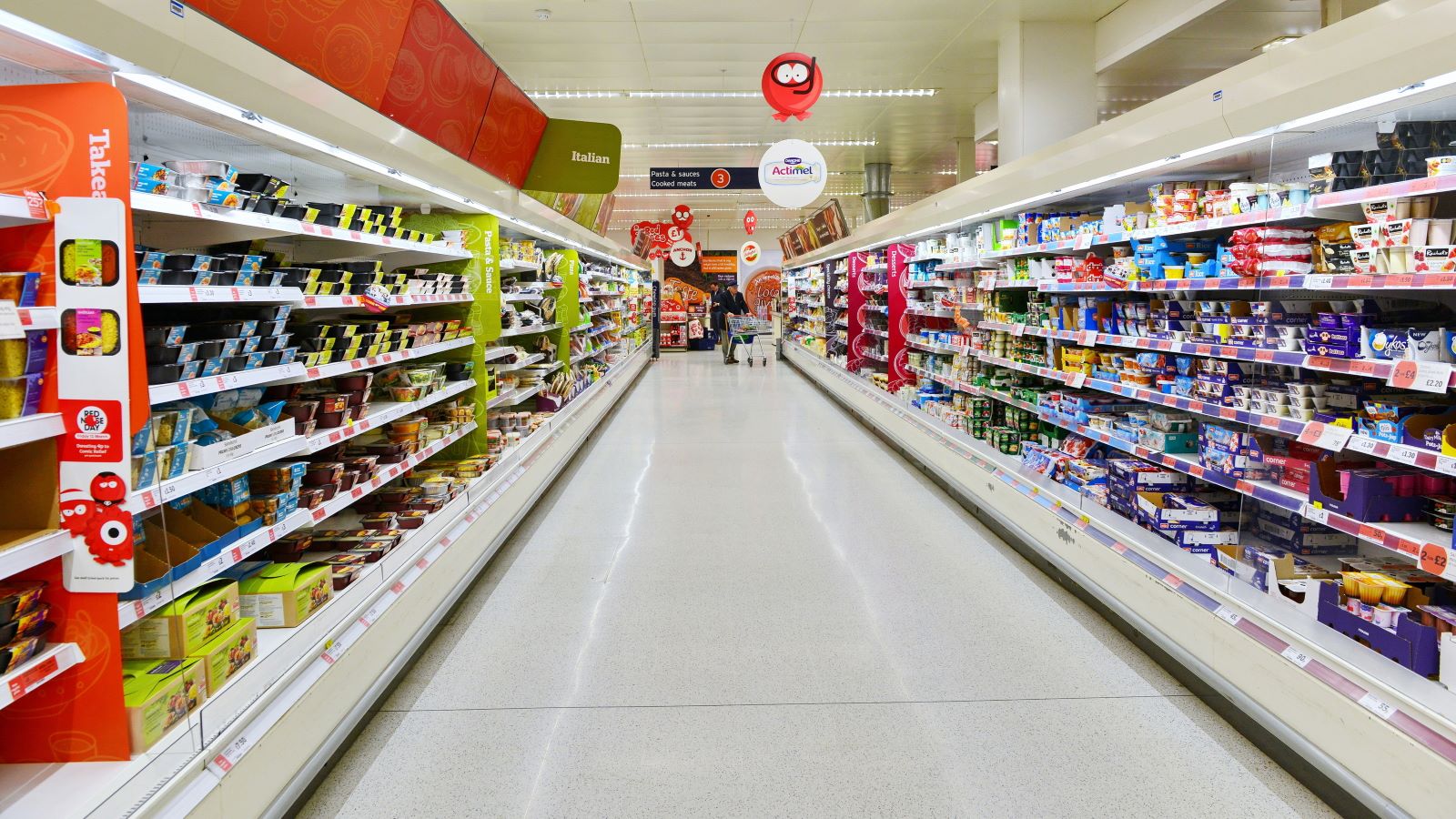
Labour’s efforts to close corporate tax loopholes mean big businesses will be contributing more. However, there’s always a chance these costs get passed on to consumers, meaning higher prices on everyday goods. If you’re on a tight budget, even a small increase in prices could add up.
18. But What About Growth?

Labour’s focus on funding public services is admirable, but it might come at the cost of economic growth. With higher taxes on businesses and the wealthy, there’s a risk that investment could slow, impacting job creation and wage growth. If you’re hoping for a pay rise or new job opportunities, the economy’s slower growth might make that harder to achieve.
19. Affordable Housing
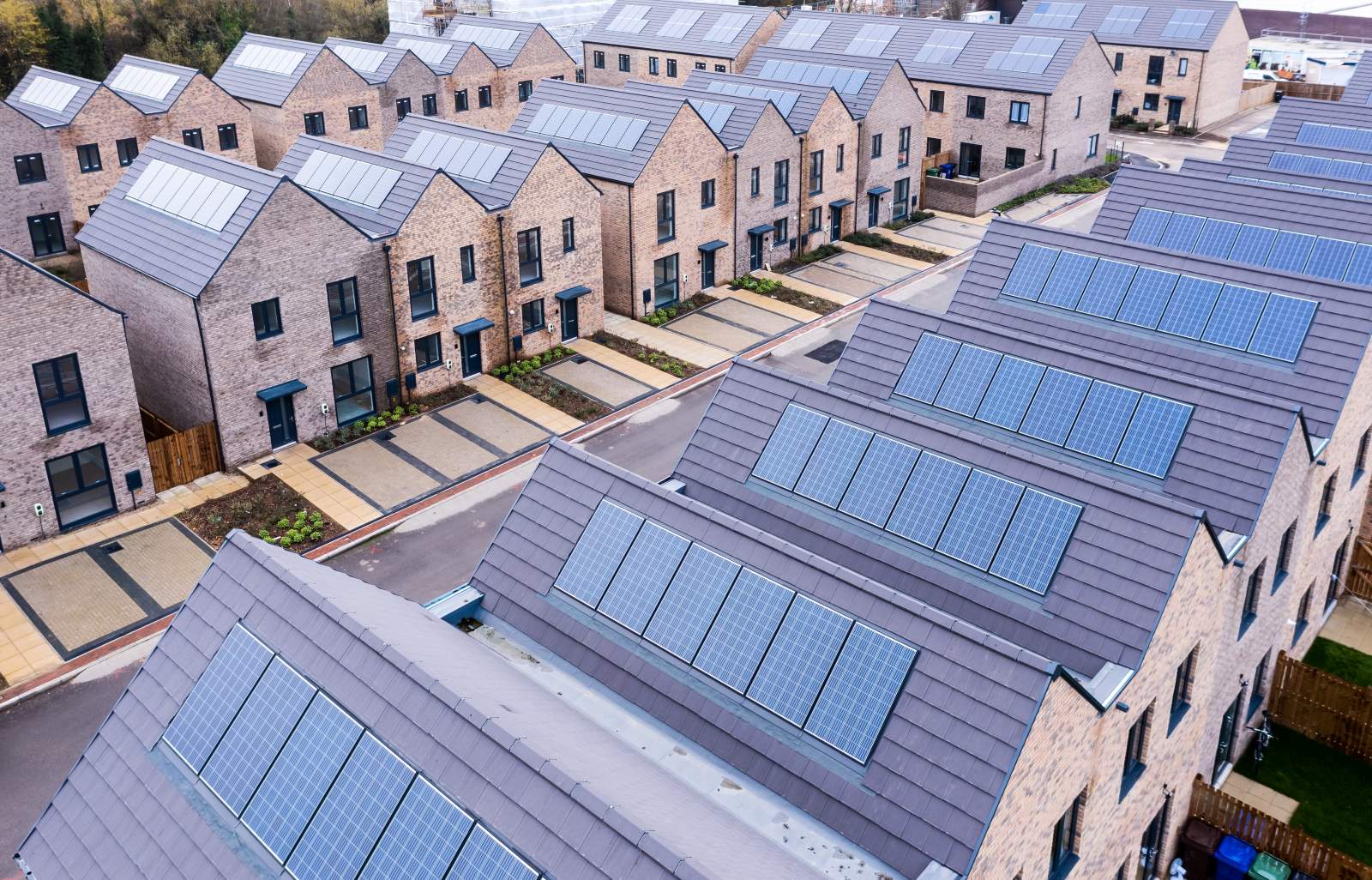
Labour’s housing plans aim to make homes more affordable, but these projects take time. While more homes might be on the horizon, don’t expect house prices to drop overnight. If you’re trying to buy your first home, patience will be key.
20. The Big Unknowns

While Labour has laid out many of their plans, there’s always room for surprises. How these policies play out in real life could vary, and the impact on your bank account might be more or less than expected. Keeping a close eye on your finances and staying informed will be crucial as these changes unfold.
Counting the Pennies – And the Pounds
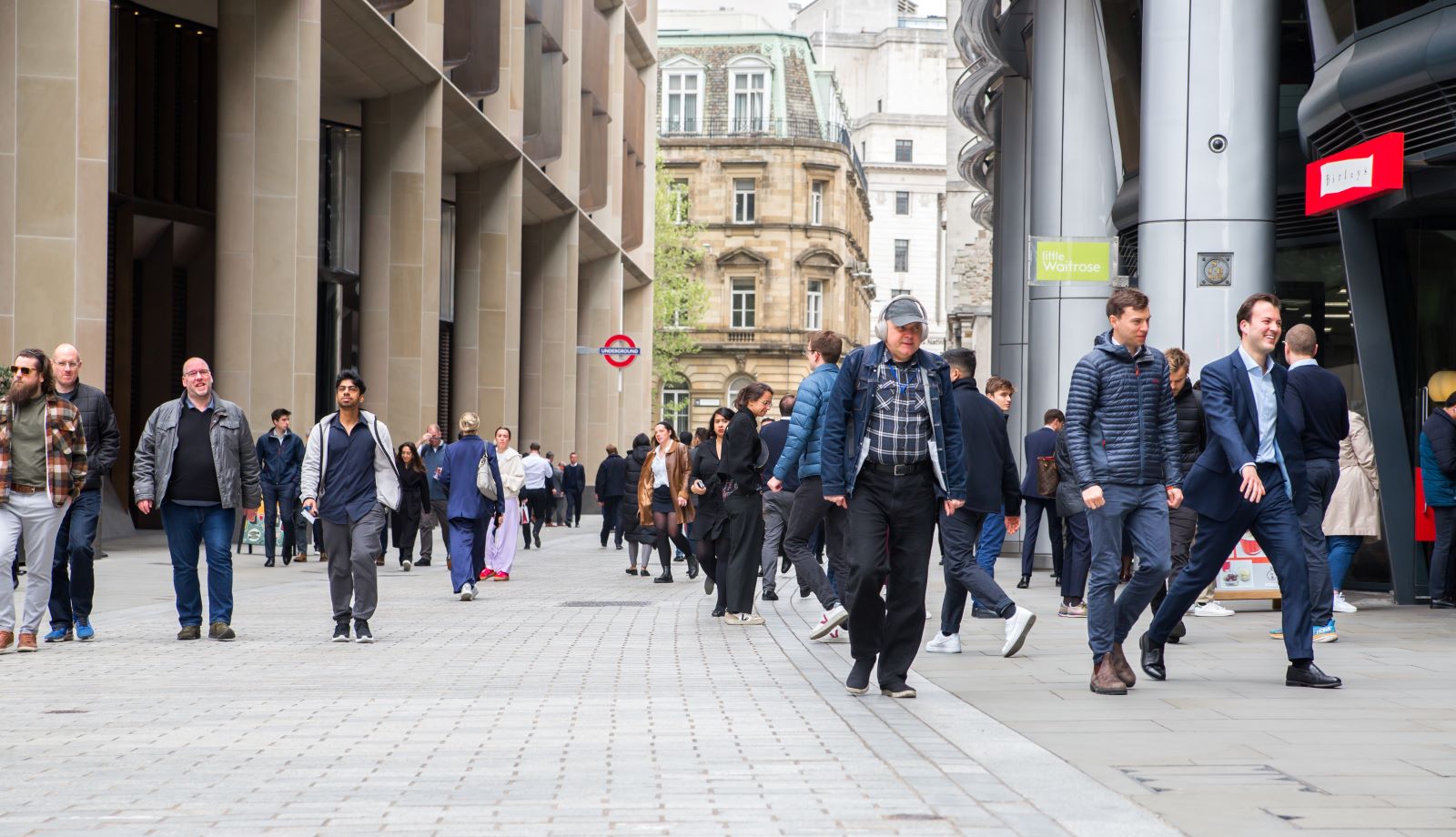
For the average Briton, the impact on your bank account might be a mixed bag. You might see some savings, but you could also face higher costs in other areas. As the old saying goes, take care of the pennies, and the pounds will take care of themselves — especially with a government like this one.
Featured Image Credit: Shutterstock / Sean Aidan Calderbank.
For transparency, this content was partly developed with AI assistance and carefully curated by an experienced editor to be informative and ensure accuracy.
The images used are for illustrative purposes only and may not represent the actual people or places mentioned in the article.

